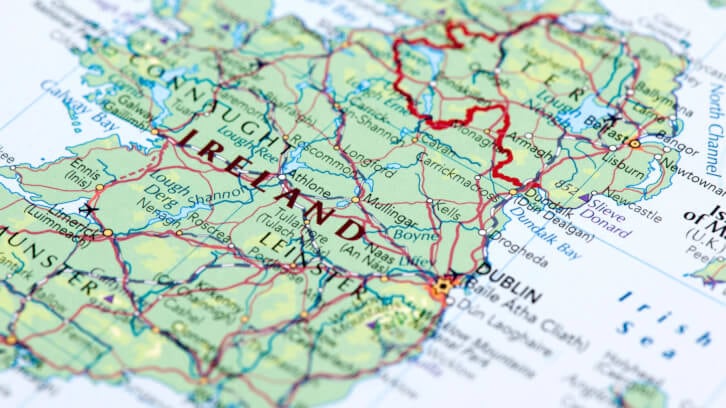BRC director of food and sustainability Andrew Opie, Greenbank stewardship and engagement lead Sophie Lawrence and Charlie Bigham’s founder Charlie Bigham were grilled by the House of Lords Food, Diet and Obesity Committee over the industry’s role in promoting healthy diets and ways it could improve in this area.
“This is why we are calling for well-designed regulation, because we feel there needs to be a level playing field for companies,” said Lawrence.
“We recognise there are socially responsible companies that are taking steps to act on this issue, but we’re not going to move the whole market unless we see well designed regulation that creates that level playing field.”
Opie criticised the piecemeal way in which the Government has implemented its obesity strategies and drew additional attention to the way that retailers had been singled out for their contributions to the nation’s poor diet.
All in the same boat
In a similar vein to Lawrence’s comments on creating a level playing field, Opie felt more could be done to make sure all food businesses – from pubs and restaurants to supermarkets and food factories – were all beholden to a well thought out set of regulations, especially when it came to reformulation.
“What we’ve seen from reformulation in the past 15 years – from salt to sugar – is some businesses move but not the whole market,” said Opie. “Why should a lasagne in a pub be any different than a lasagne you buy in a supermarket? At the moment, they’re not comparable and they should be.
“If you go on that basis, you could mandate it around reformulations that say, ‘this type of product we expect a maximum of these nutrients’, then we would definitely support that.”
Zeroing in on Obie’s comments on mandatory reformulation targets, Lawrence brought attention to the fact that obesity in the UK had increased in the past 30 years despite a number of voluntary targets being introduction.
“We’ve had 14 government obesity strategies in that time, 689 policies – the majority of which have been voluntary – and yet in that time obesity has doubled,” she explained. “I think that tells us all we need to know around mandatory versus voluntary.”
Regulating the industry
When asked his opinion on regulating the industry, Bigham was quick to share his support for the idea but did argue that there had been some instances in which voluntary reformulation targets had worked – salt reduction targets in particular.
On the other hand, while the Soft Drinks Industry Levy had proven effective at removing sugar from soft drinks, questions are now being raised over the nutritional value and safety of the ingredients used to replace it.
“When it comes to future measures, either voluntary or mandatory, I suspect that consultation with the food sector would be very useful, but I don’t think that should be an excuse to slow down implementation,” Bigham added.
“It is clear we have a growing obesity crisis that needs to be tackled urgently. Perhaps as the science around ultra processed foods and ultra process food marker ingredients becomes clearer, a similar approach [to the Soft Drinks Industry Levy] can be taken to put on a punitive tax rate. If [the industry] had to pay more for sugar and salt, then perhaps that would encourage us to use less.”





